According to The Economist, Vietnamese students are educated in one of the best education systems in the world, reflected in their excellent performance in international assessments in reading, math and science.
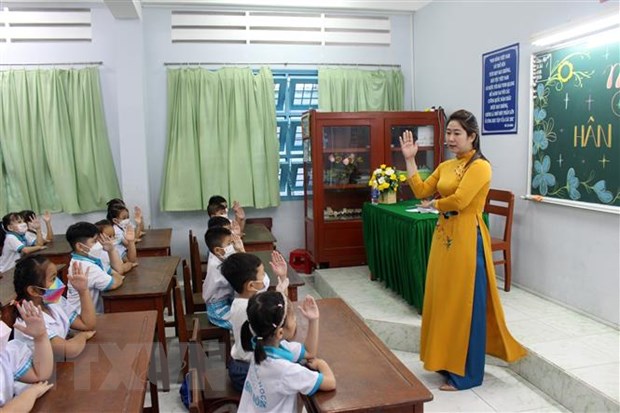
(Illustration photo: Huu Chi/VNA)
The British newspaper The Economist recently published an article praising Vietnam's education system, highlighting the value of domestic education and good teacher capacity.
According to the article, President Ho Chi Minh , the founder of Vietnam, outlined the path for national development, thereby promoting the benefits of education: “For the benefit of ten years, we must plant trees. For the benefit of a hundred years, we must educate people.”
The article points out that despite recording rapid economic growth in recent years, Vietnam's per capita Gross Domestic Product (GDP), at US$3,760, is still lower than regional peers such as Malaysia and Thailand, but the quality of Vietnam's education can have little to complain about.
According to the article, Vietnamese students are educated in one of the best education systems in the world, reflected in their excellent performance in international assessments in reading, math and science.
The latest data from the World Bank (WB) shows that, in terms of total learning scores, Vietnamese students outperform not only their peers in Malaysia and Thailand, but also in the UK and Canada, countries six times richer.
Even in Vietnam, student scores do not reflect the level of gender and regional inequality that is common in other countries.
The article argues that a child's learning tendencies are the result of a number of factors – many of which start at home with their parents and the environment in which they grow up.
However, this is not enough to explain Vietnam's outstanding performance.
The article points out that the secret difference lies in the classroom: children learn more in school, especially in the early years.
In a 2020 study, Abhijeet Singh at the Stockholm School of Economics found higher productivity in Vietnamese schools by examining data from identical tests taken by students in Ethiopia, India, Peru, and Vietnam.
He said Vietnamese children in the 5-8 age group are ahead of their peers in other countries.
The article notes that Vietnamese schools, unlike those in other developing countries, improve over time.
A study published in 2022 by researchers at the Washington DC-based Center for Global Development (USA), showed that 56 out of 87 developing countries recorded a decline in education quality since the 1960s.
Vietnam is among the few countries where schools are bucking this trend.
The article argues that the biggest reason is the ability of teachers. They are not necessarily better qualified, but simply more effective in teaching.
A study comparing Indian and Vietnamese students suggests that much of the difference in scores on math tests is due to the quality of teaching.
Vietnamese teachers do their jobs well because they are well managed. They receive regular training and are given the freedom to make their classes more interesting.
To address regional inequality, teachers in remote areas are paid more. Most importantly, teachers are evaluated based on student performance. Teachers with high-performing students are awarded the title of “Excellent Teacher.”
The Party also cares deeply about education and ensures policies are adjusted to update curricula and teaching standards, the article said.
Provinces are required to spend 20% of their budgets on education, helping to ensure regional equity.
Society in general also shares the view of education as families are influenced by Confucian ideology. Families that are not well off are also willing to invest in education for their children. All of this has reaped many rewards. As schools improve, so does the Vietnamese economy.
However, the article also points out challenges for Vietnam's education system. Companies increasingly want workers with more sophisticated skills, such as team management skills, which Vietnamese students are not trained in.
Growth also drew migrants to cities, overwhelming urban schools. Many teachers left the profession for higher-paying jobs in the private sector.
The article concludes that to ensure Vietnam remains the country with the best quality education, the government will have to address these issues, as President Ho Chi Minh once reminded, education must be given constant attention./.
Source: https://www.vietnamplus.vn/the-economist-giao-duc-viet-nam-nam-trong-nhom-tot-nhat-the-gioi/872565.vnp
Source link


![[Photo] Prime Minister Pham Minh Chinh chaired a meeting to evaluate the operation of the two-level local government model.](https://vphoto.vietnam.vn/thumb/1200x675/vietnam/resource/IMAGE/2025/10/29/1761751710674_dsc-7999-jpg.webp)

![[Photo] Hue: Inside the kitchen that donates thousands of meals a day to people in flooded areas](https://vphoto.vietnam.vn/thumb/1200x675/vietnam/resource/IMAGE/2025/10/29/1761738508516_bepcomhue-jpg.webp)

![[Photo] Human love in the flood in Hue](https://vphoto.vietnam.vn/thumb/1200x675/vietnam/resource/IMAGE/2025/10/29/1761740905727_4125427122470875256-2-jpg.webp)
![[Photo] Prime Minister Pham Minh Chinh chaired a meeting to discuss solutions to overcome the consequences of floods in the central provinces.](https://vphoto.vietnam.vn/thumb/1200x675/vietnam/resource/IMAGE/2025/10/29/1761716305524_dsc-7735-jpg.webp)

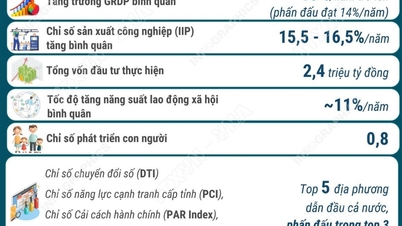








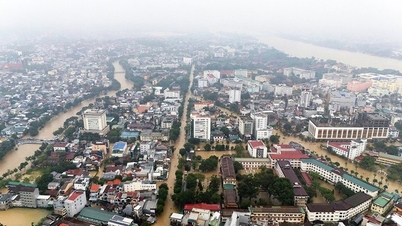


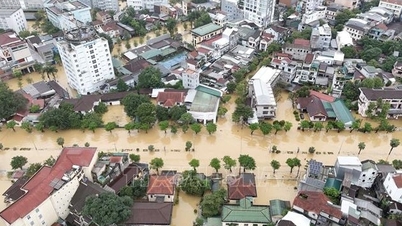






































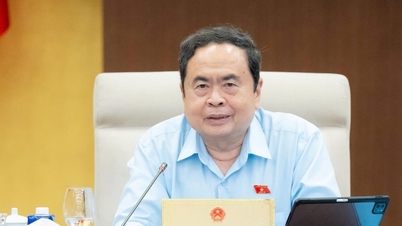

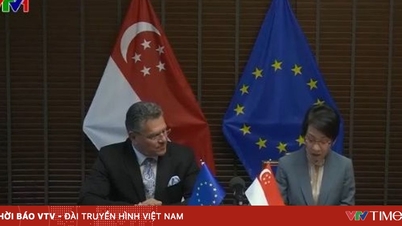
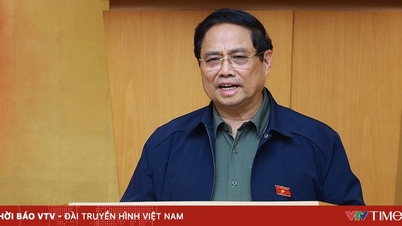


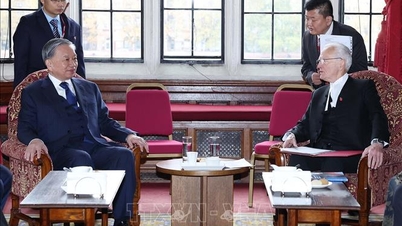
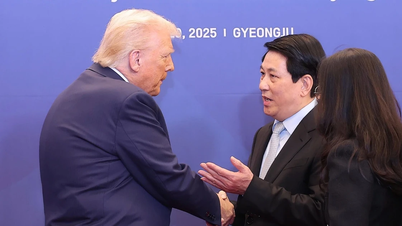



![[Live] Concert Ha Long 2025: "Heritage Spirit - Brightening the Future"](https://vphoto.vietnam.vn/thumb/402x226/vietnam/resource/IMAGE/2025/10/29/1761743605124_g-anh-sang-am-thanh-hoanh-trang-cua-chuong-trinh-mang-den-trai-nghiem-dang-nho-cho-du-khach-22450328-17617424836781829598445-93-0-733-1024-crop-1761742492749383512980.jpeg)






























Comment (0)